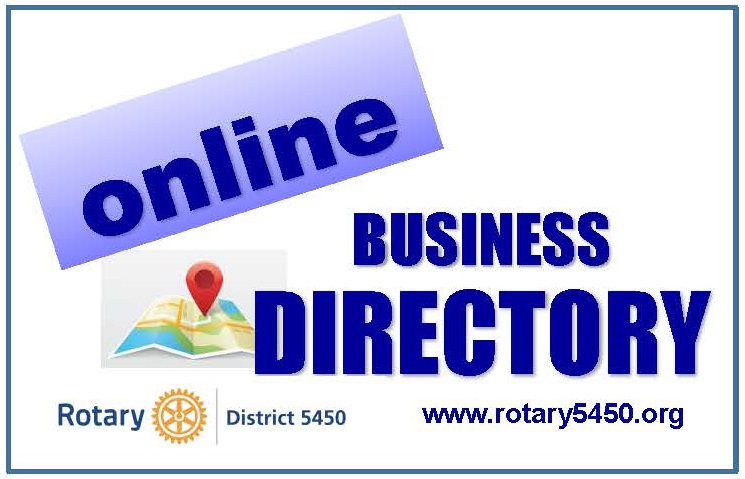A Impact of Online Portals on Knowledge Sharing
A Impact of Online Portals on Knowledge Sharing
Blog Article

In the digital age, how we obtain and disseminate information has been greatly altered, with web portals and online directories playing a crucial role in this transition. Internet directories serve as structured lists of sites, categorized for ease of access, helping users find their way through the immense scope of internet content. They allow individuals to locate data quickly, making it easier to access information suited to their interests or requirements.
On the flip side, web portals act as centralized access points that offer a variety of features, including email, news updates, message boards, and search capabilities, all within a single interface. By combining multiple content sources and features, online portals enhance user engagement and improve information dissemination. Together, these two aspects contribute substantially to how data is conveyed and utilized in the current rapid digital world, facilitating communication and involvement among users across the globe.
Web Catalogs: An Chronological Overview
Internet catalogs emerged in the early days of the web as a of the primary tools for data organization and retrieval. Initially, these catalogs were manually curated collections of sites categorized by topics. The first significant web catalog, Yahoo!, was launched in 1994 and provided a basic way for people to navigate the growing web by listing websites in a structured format. This approach of organization helped users easily find relevant information, serving as an essential link between the early web and users seeking information.
Find New Partners on Wonnox
As the internet grew exponentially throughout the late 1990s and early 2000s, the role of internet catalogs became increasingly important. They provided users with a semblance of control in an otherwise chaotic digital landscape. Competing platforms like DMOZ, also known as the Open Catalog Project, embraced community involvement by allowing participants to categorize sites. This model not only expanded the directory database but also promoted user engagement, fostering a sense of belonging within the online environment.
However, as search engines like Google gained prominence and began to offer more sophisticated algorithms for information retrieval, the relevance of web directories started to decline. The convenience of powerful search capabilities overshadowed the curated approach of directories, leading to a change in how users accessed information. While web catalogs still exist today, their role has transformed, serving more as niche resources that complement the broader functionalities of internet gateways and search engines.
Online Gateways: Characteristics and Capabilities
Online portals serve as centralized gateways to access a wide variety of information, services, and tools tailored to individual user needs. One key aspect of a online gateway is its personalized client layout, allowing clients to modify their experience based on their choices and interests. This personalization can include adjusting display preferences, selecting content streams, and utilizing widgets that provide real-time data relevant to the user's needs.
Another key aspect is the integration of diverse sources into a unified platform. Web portals can collect content from multiple origins, offering users a singular entryway for updates, publications, tools, and applications. This functionality is especially beneficial in educational and business environments, where clients can find everything they need for study, communication, and collaboration in one location.
Finally, online portals often provide crucial engaging elements that enhance user engagement. This comprises discussion boards, chat functions, and response mechanisms that facilitate communication among clients and between clients and administrators. These dynamic capabilities not only foster a feeling of community but also empower users to add content and exchange insights, making the portal a dynamic and changing resource.
The Importance of Web Portals in Current Information Sharing
Online portals serve as centralized hubs for users, offering a streamlined approach to retrieve a extensive array of information and services. They are developed to accommodate specific audiences, providing personalized content and tools that enhance the user experience. This focused approach not only improves information retrieval but also encourages a community environment where users can exchange insights, collaborate, and engage with content that is the most relevant to them.
In furthermore to enhancing accessibility, web portals play a critical role in integrating resources from different sources. By combining diverse information types such as posts, films, and databases, these portals provide a unified platform for users. This combination allows for streamlined knowledge management and enables organizations to present a unified front in their information dissemination efforts. Users benefit from reduced search times and increased satisfaction, as they can locate everything they need in one place.
Furthermore, the interactive features of web portals encourage user participation and feedback, which is vital for ongoing improvement. Through feedback, reviews, and user-generated content, web portals can modify to evolving user needs and preferences. This adaptability not only enriches the content available but also enhances the connection between the portal and its users, demonstrating the value of web portals in contemporary information sharing environments.
Report this page